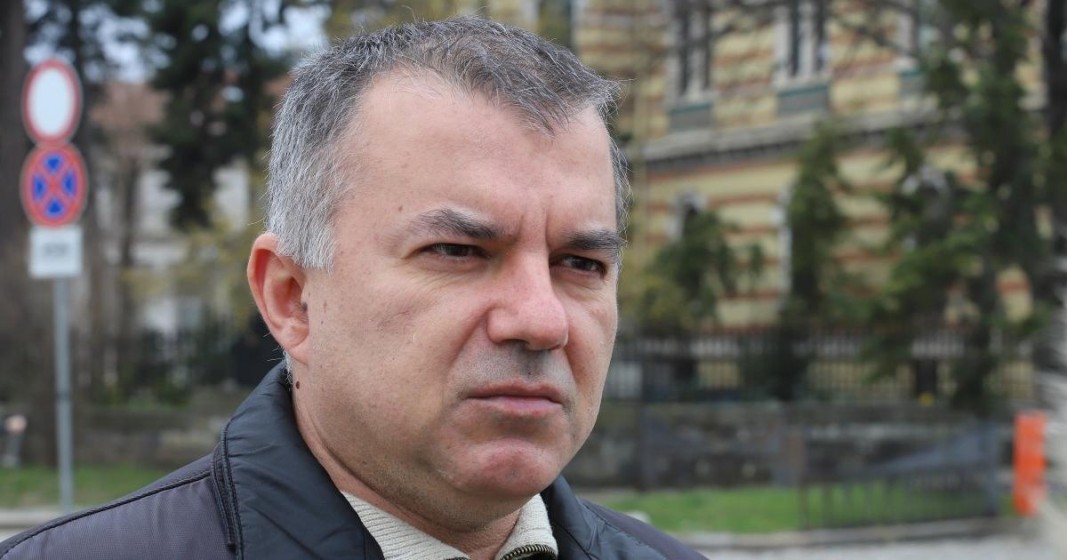World Consumer Rights Day is marked today. It has been held under the auspices of Consumers International since 1962 and in Bulgaria consumer protection has been a topic since 1991. During these thirty years, Bulgarians have changed their shopping behavior. Most people are already interested not only in the price of goods and services, but also in the quality and good reputation of traders and manufacturers. This year, the global topic on March 15 is the fight against plastic waste, pollution and its negative effects.
In 2020 the global pandemic brought new challenges to the Bulgarian consumer. Many goods and services became available mainly through the Internet. "Some people were forced to try online shopping without having previous experience with it. But web commerce also hides a number of risks stemming from unfair commercial practices," Bogomil Nikolov, Executive Director of the Bulgarian Active Consumers Association says and adds:

"These practices have been reinforced by the fear of infection. We have seen dishonest traders who attribute different anti-virus properties to a variety of products. The last case was of hypnosis, which was sold as a cure for coronavirus. People who are just entering the world of online commerce are exposed to more risks as they have not acquired the necessary criticism to assess existing risks. I would point out social networks and online market places as major sources of risk, as well as merchants from abroad and especially those outside the EU. You can still easily find Bulgarian sites that do not have an address and contact details of the merchant. We recommend that before buying anything each consumer should first check who the trader is. Our strongest defense is the right of returning goods, but it can be severely limited or hindered if the trader had simply hidden their contacts. Our advise to consumers is to be as conservative as possible, to look critically at each commercial message and to assess it carefully. Unfortunately, the idea that everything on the market has been checked and that control bodies must be an ‘all-seeing eye’ eliminating all irregularities exists. This is not the reality and we as consumers are the most important ‘inspector.’ If we were not careful, we could easily come across some kind of scam."
According to experts the new law on digital content adopted a week ago is a big step in the protection of our consumer rights. We are now able to make a complaint about the software of products, something that was not possible before, Bogomil Nikolov says. According to him, the biggest problem at the moment was about the way in which tour operators could return money to people who did not realize their trips.
"The issue has existed for a year. Some people received vouchers, some used them, but most did not. The problem is only being postponed and we expect that this summer more people of those who have not received their money back would start complaining and raising the issue. Personally, I do not know how the problem would be resolved. According to tour operators, they have to return over 75 million euros to their clients. According to law, the deadline starts to expire around the middle of May this year.”
English: Alexander Markov
Photos: BGNES and libraryThe 33rd Bulgarian polar expedition is heading to Antarctica to continue its scientific research in cooperation with scientists from different countries. For the first time, travelers from two Balkan countries - Greece and Montenegro, as well as from..
The program of the Orthodox Book Week offers meetings with authors, publishers and translators of Orthodox books from the last few years. The event is held until November 10 at the ''St. Procopius of Varna'' Church, with meetings taking place every..
The "Kabiyuk" horse breeding farm in the village of Konyovets is the oldest stud farm in Bulgaria, founded in 1864 by Midhat Pasha, the governor of the vilayet of Ruse, to produce horses for the Turkish army. The farm existed until the Russo-Turkish War..
Nuredin Nuredinaj comes from the historical-geographical region of Gòra in Northeastern Albania, where 90% of the inhabitants identify themselves as..

+359 2 9336 661
